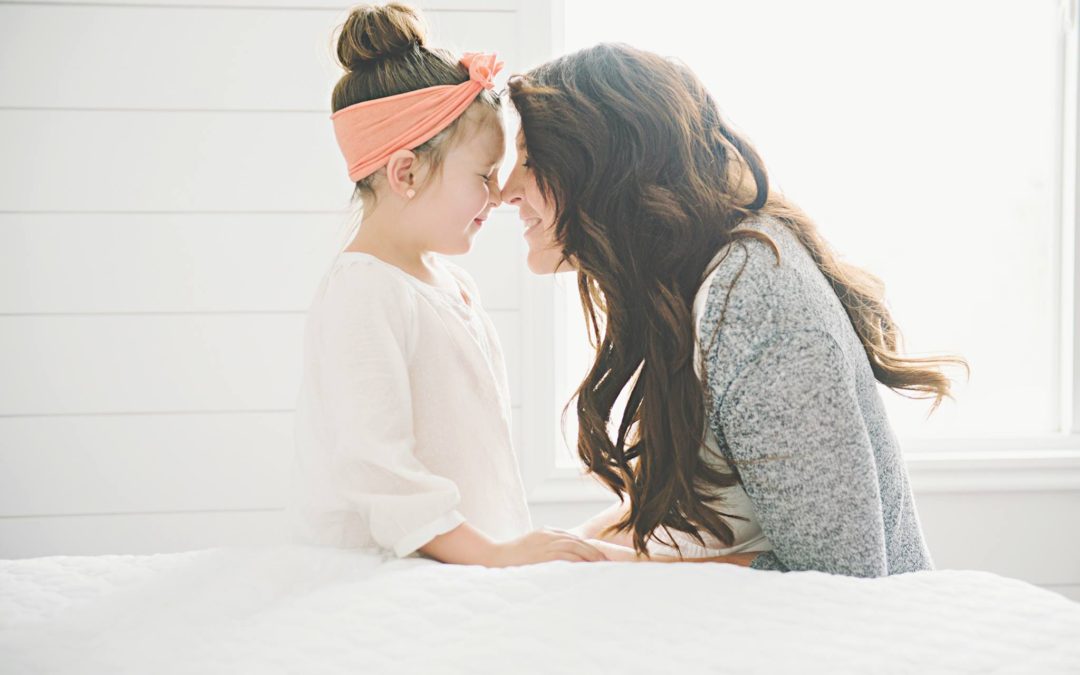Control freak… if you’ve ever heard of this term or adopted it as a character trait you might find yourself having rigid standards that make it really difficult for you to adapt to change. Controlling everything and everyone in your space is not control… that’s just the lie anxiety tells us.
Some things that might signal this kind of controlling anxiety can include:
*You feel anxious when things don’t go the way you planned or expected
*You have really high expectations of yourself
*You often feel let down by others
*You find it difficult to rest
*It’s easier to just do things yourself and avoid delegating.
*You engage in “all or nothing thinking,” and consciously and/or unconsciously believe that there is one right way to accomplish something successfully. This often involves your way being the “right way,” or the “best way.”
While some of these traits can or have led to desirable outcomes, chances are that at some point in your life (spoiler alert: usually during parenthood, these behaviors lead to more problems than solutions.
The need to be in control is a fear response. When things are unknown or unpredictable we may find that we
catastrophize and imagine the worst-case scenarios. Believe it or not, this is a coping strategy the brain often engages in as an attempt to cope. In response, we try to control our environments in order to avoid the things we are fearful of happening (or not happening). Our ability to control these things makes us feel safe and secure… to a point.
The problem with trying to control our environments and the people in them is that it’s largely impossible. Our attempts to control what cannot be controlled often cause us to feel emotional, physical, and mental distress. Our behaviors also interfere with the quality of our relationships, leading to a cycle of anxiety, crippling perfectionism, feelings of abandonment, depression, irritability, and depression.

How do we let go of controlling behaviors?
Find safety and security in your own being.
We can achieve a sense of security and safety when we recognize the power of our own agency. This includes learning to practice awareness of our thoughts and feelings without judgment and developing a set of coping skills to tolerate distress, regulate our emotions, and communicate our needs effectively.
Fact Check Fear
- Fact-checking fear begins with validating that we feel fear. Validating our emotion simply means that we accept that the emotion is occurring.
- What prompted this feeling? We often call this a trigger. Triggers often result from observation through the five senses (sight, touch, smell, sight, and sounds).
- Identify the threat. Remember anxiety is a fear response. Identify the thing you are fearful of and then ask yourself: What is the likelihood that this thing I am fearful of will occur? What are other possible outcomes that I am not giving as much validity to?
- Does the intensity behind this emotion fit the facts? For example, will my baby really never sleep again if I don’t put him to bed on time?
Recognize the power and limits of your agency and control.
Ask yourself, can I really control this thing? Most often the answer is no. Accepting the power and limits of our agency and control will enable us to seek to find internal security and safety rather than experiencing the resistance of trying to control external things and people that cannot be controlled. For example, you could adhere to your baby’s strict nap schedule and s/he could still be up all night. You cannot control your children’s behavior.
For every catastrophic thought identify an alternative scenario.
So often when things happen that are outside of our control we fear imagining a positive outcome. We do this because we don’t want to be disappointed when the very behavior we are engaging in is already creating a sense of disappointment. Practice leaning into other scenarios with positive outcomes.
Cultivate a sense of self-trust.
This is a crucial component of learning to stop controlling what cannot be controlled. When we cultivate a sense of self-trust we carry confidence that we can cope with unknown and unpredictable outcomes, no matter what they are.
If you want to learn more about cultivating self-trust and limiting controlling behaviors book an appointment with one of our trained maternal mental health therapists and be sure to follow us on Instagram!


